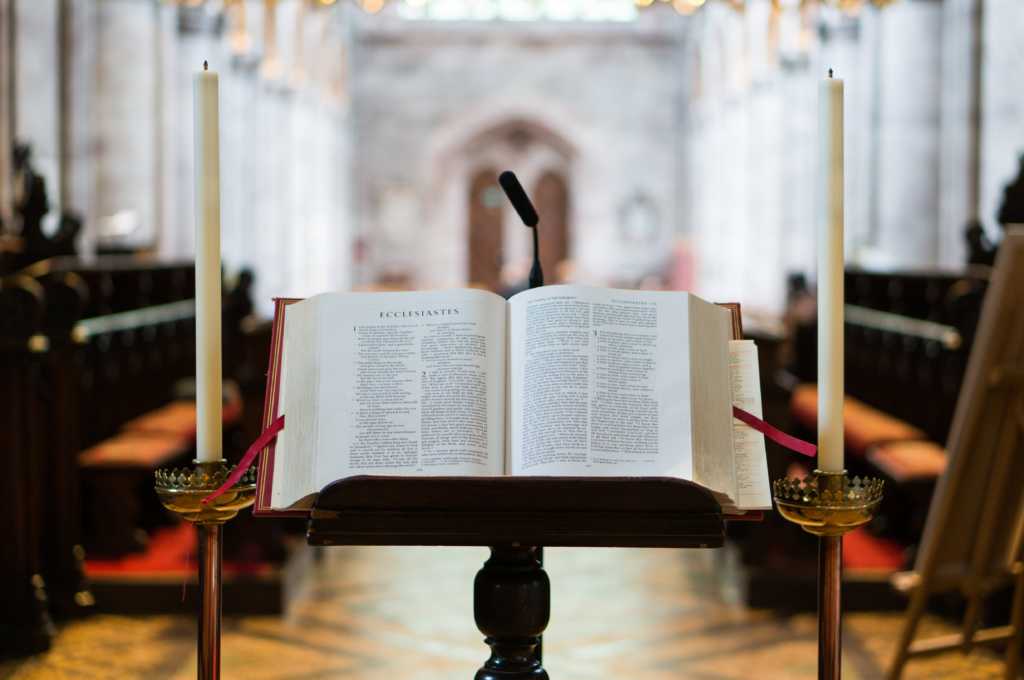In 2013, a United Church of Canada minister revealed to her congregation that she no longer believed in God. Believe it or not, she is still in the same job.
Gretta Vosper has been given permission to stay at West Hill United Church, following the UCC’s agreement to a “settlement” in which it was recognized that Greta still has a role to play in serving her congregants.
Mitch McConnell Urges Democrats to Help Stop Infanticide — Only One Shows Up to Vote
“I was very surprised,” Vosper said, according to Religion News Service. “I was totally convinced … I would end up outside of the church. Every indication suggested that’s what was going to happen.”
The minister has a long history of questioning the basic tenets of the Christian faith. In 2001, she told her congregation that she had, upon a time of reflection, become a non-theist, noting that she no longer believed in God as a supernatural being who intervened in the lives of human beings.
Fast-forward almost ten years, and Greta decided that she must be true to her non-belief and become an atheist.
In 2015, she penned a public letter denouncing the “existence of a supernatural being whose purposes can be divined and which, once interpreted and without mercy, must be brought about within the human community in the name of that being.”
As you can imagine, things escalated from that point.
In 2016, the Toronto Conference, which has jurisdiction over her church, conducted a thorough investigation into Vosper’s ministry. That concluded that she was “not suitable” to her ministry role and no in “essential agreement” with the denomination’s articulated doctrine.
But, despite Vosper saying she was “unwilling and unable” to renew the vows she made upon ordination, the governing authorities the Toronto Conference and West Hill Church said they had “settled all outstanding issues between them” and Vosper.
The current moderator of the UCC, the Rt. Rev. Richard Bott, said in an open letter that there were tensions within the denomination’s relationship with Vosper, namely due to a tension between the church’s core values of “faith in God” and its “commitment to being an open and inclusive church.”
The settlement, though confidential, illustrates the “dance between these core values” and “how they interact with and inform each other,” Bott added.
“There’s nothing in that that influences what I am able to do,” Vosper said of the agreement. “I am able to function in ministry with all the rights and privileges that clergy have.”
West Hill United Church does not have any distinguishable Statement of Faith on its website, noting that these documents “divide people into those who belong and those who don’t.”
“Everything I teach is consistent with the theological training I received,” the pastor added. “I was taught the Bible was a human construction, and there is much wisdom in many texts, both ancient and contemporary.”
Despite the controversy and her shifting beliefs, she concluded, the UCC is still her home.“This is my heritage,” she said, “and to refuse to allow me to participate and continue in ministry felt like a betrayal.”



